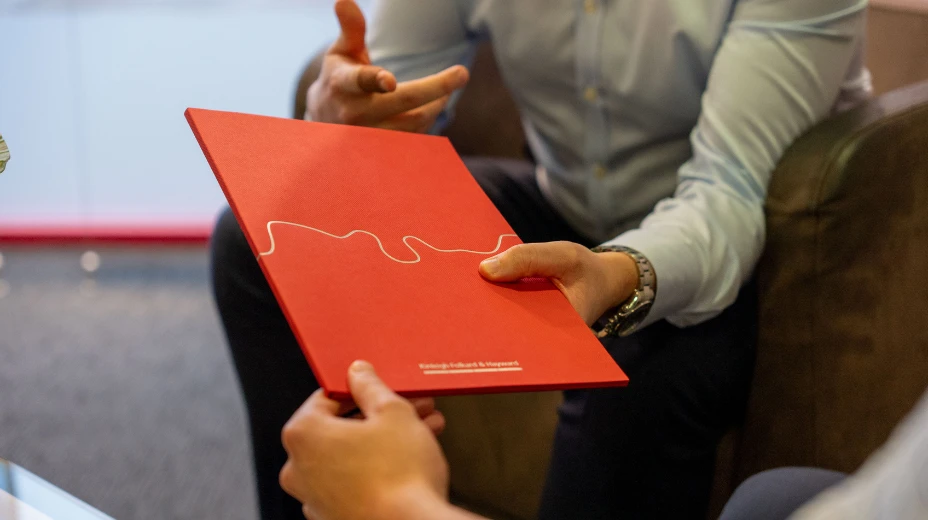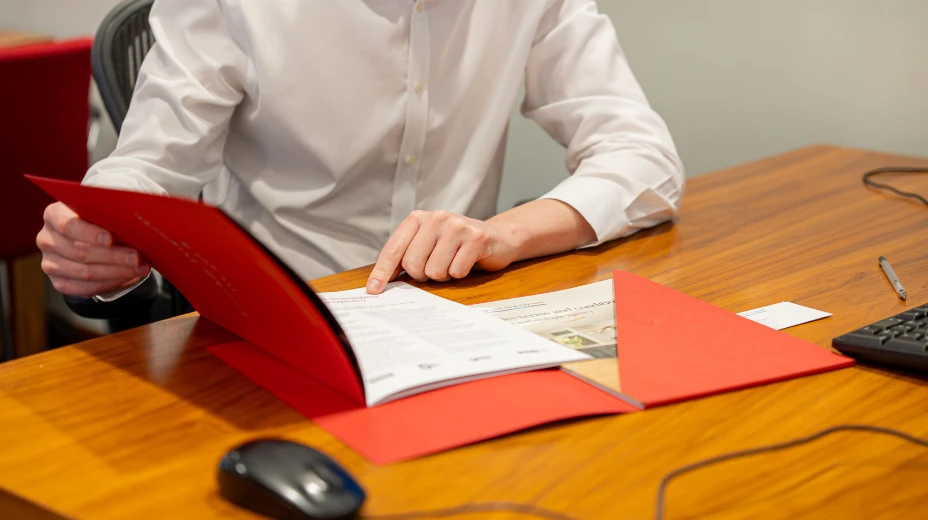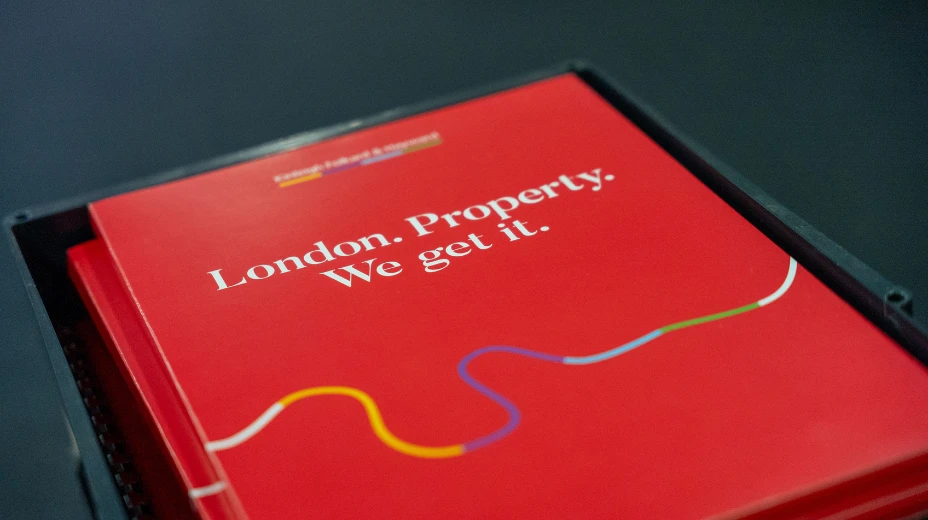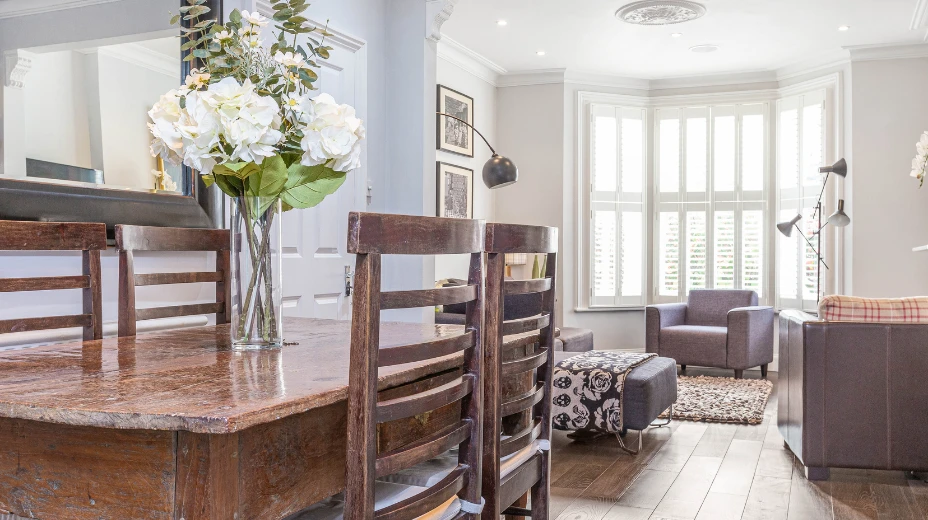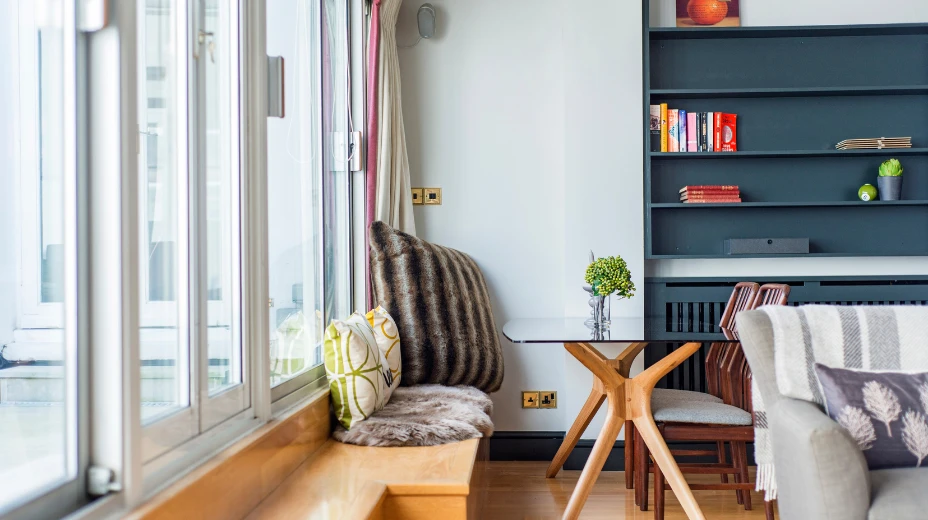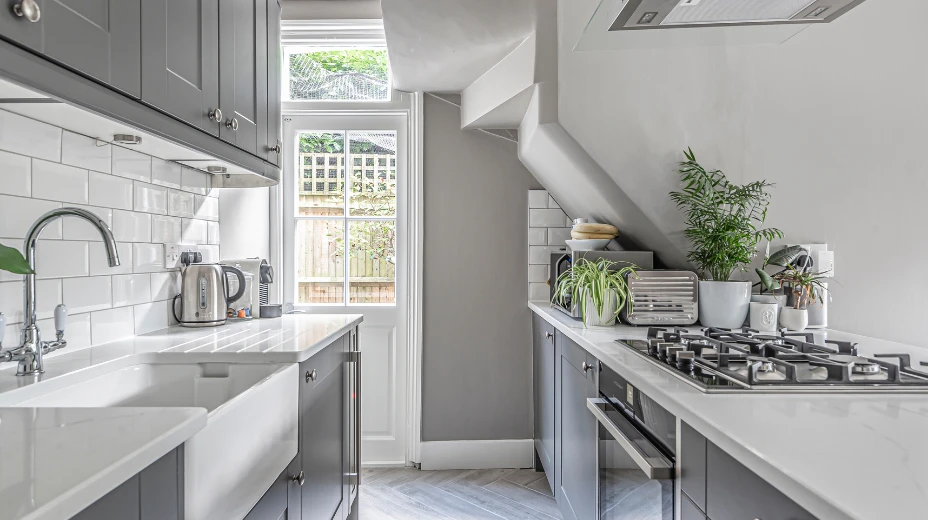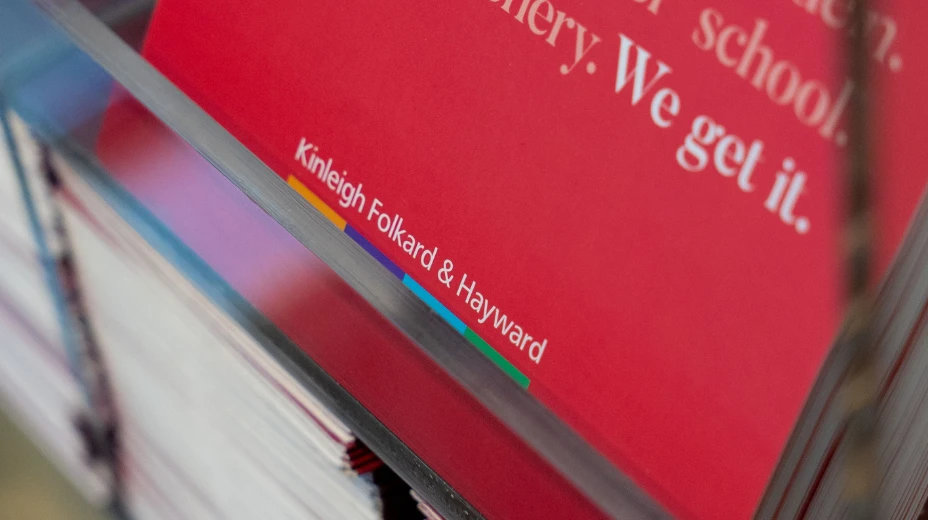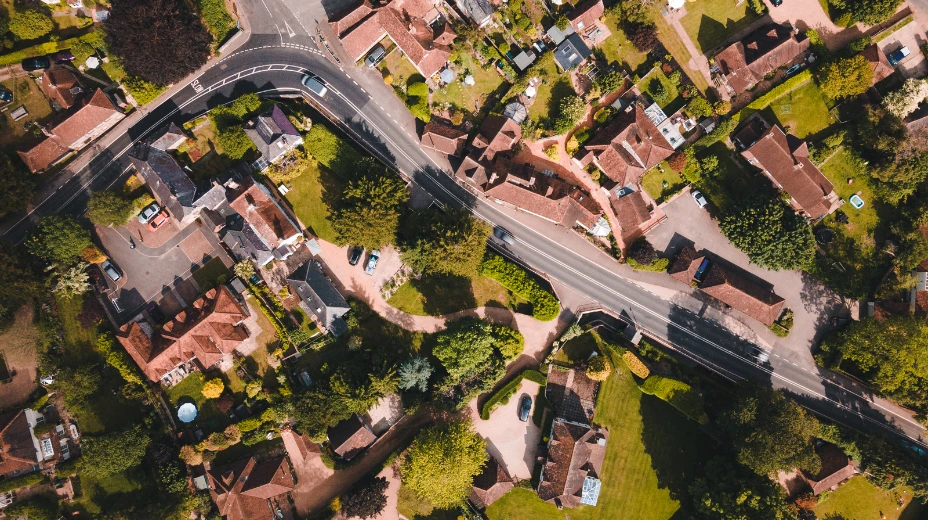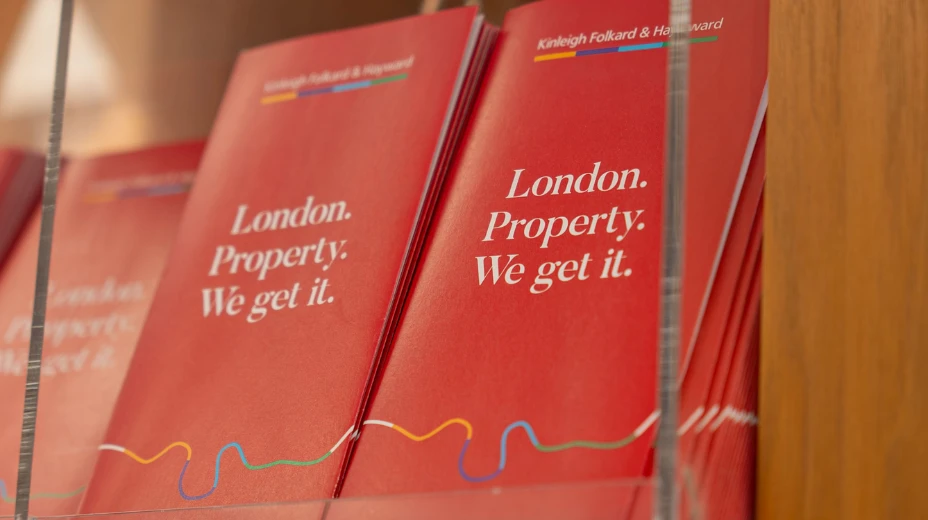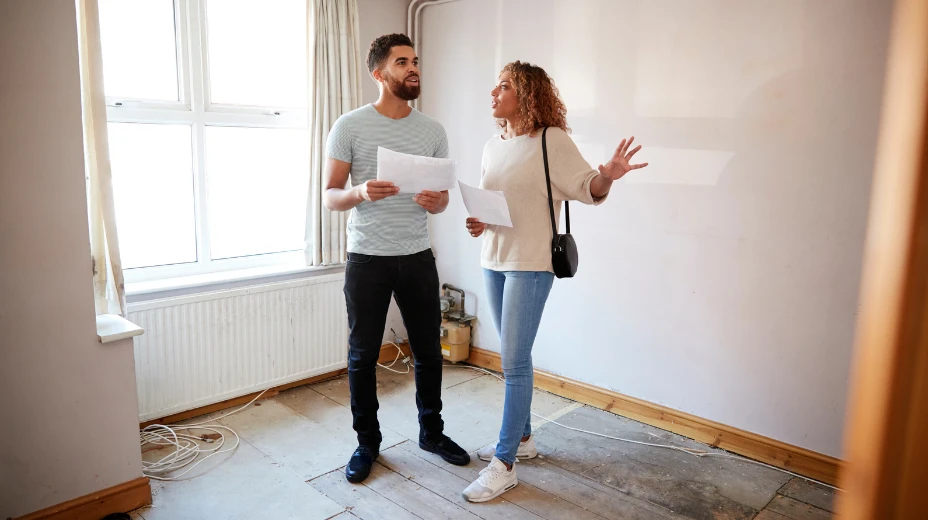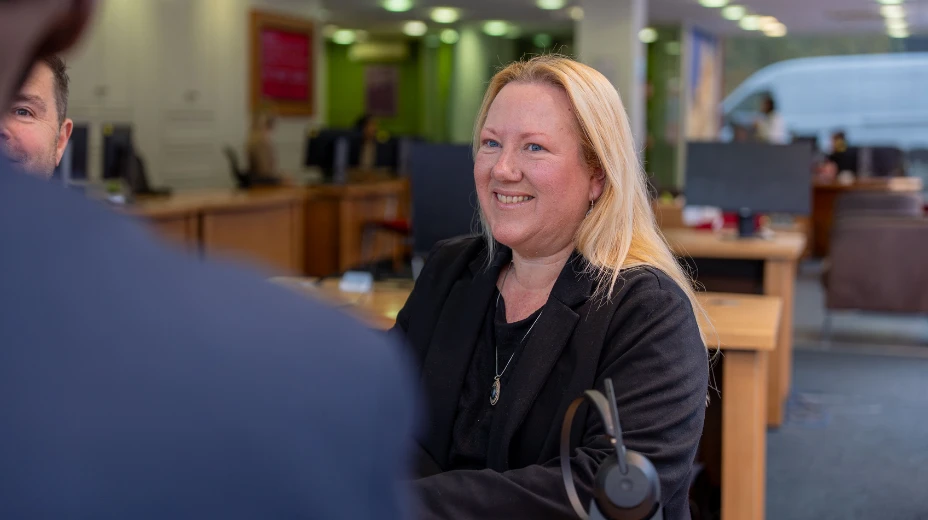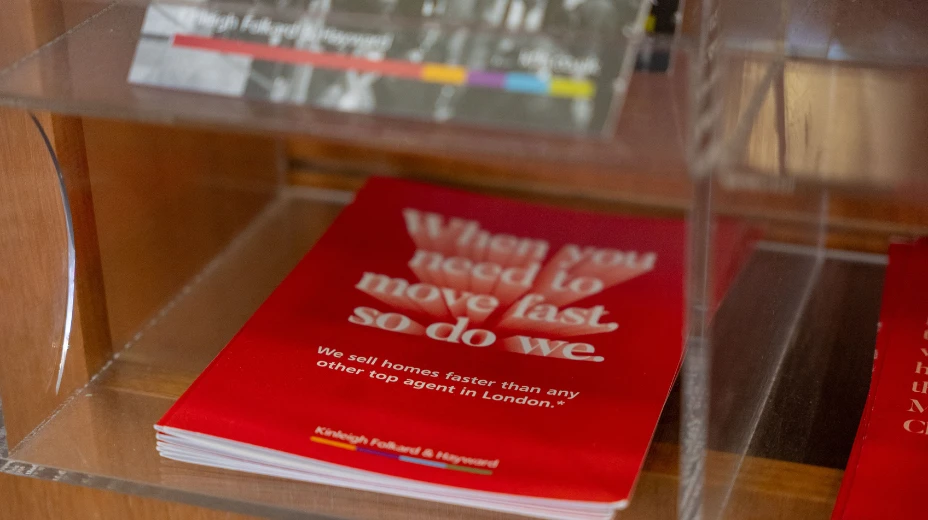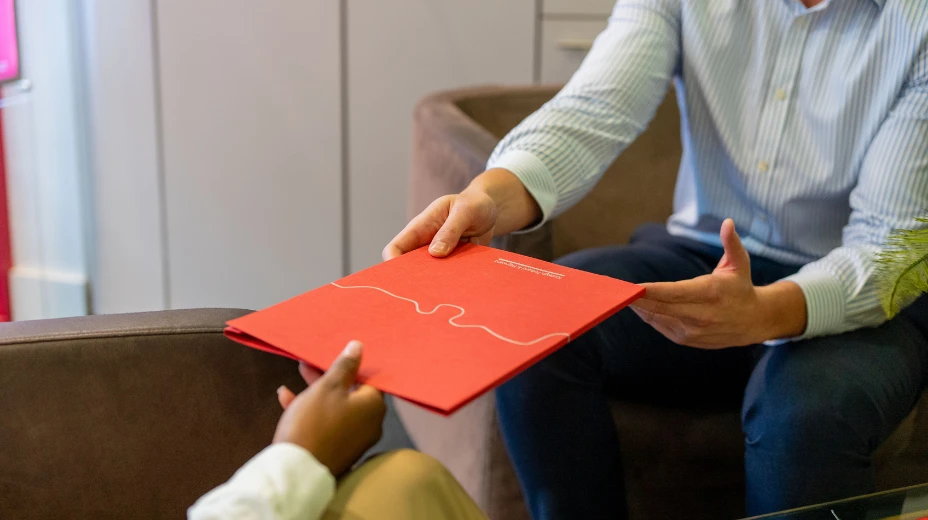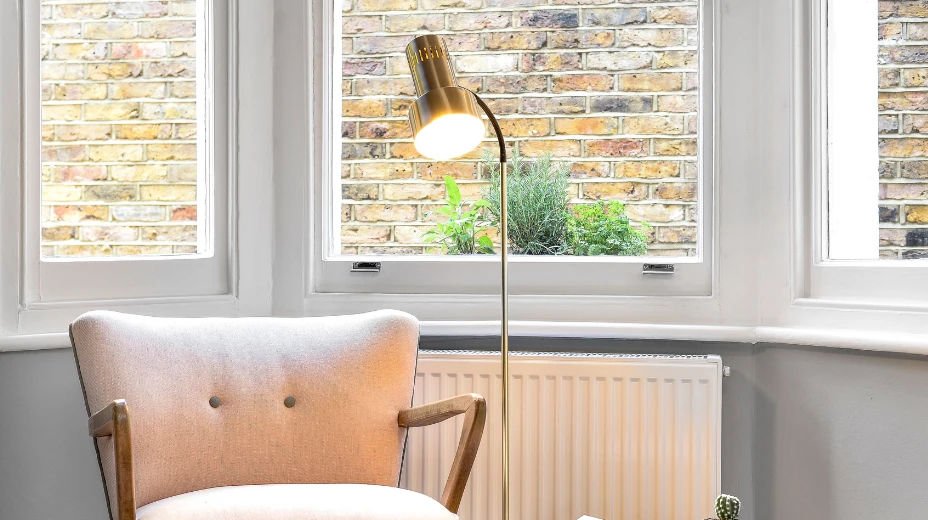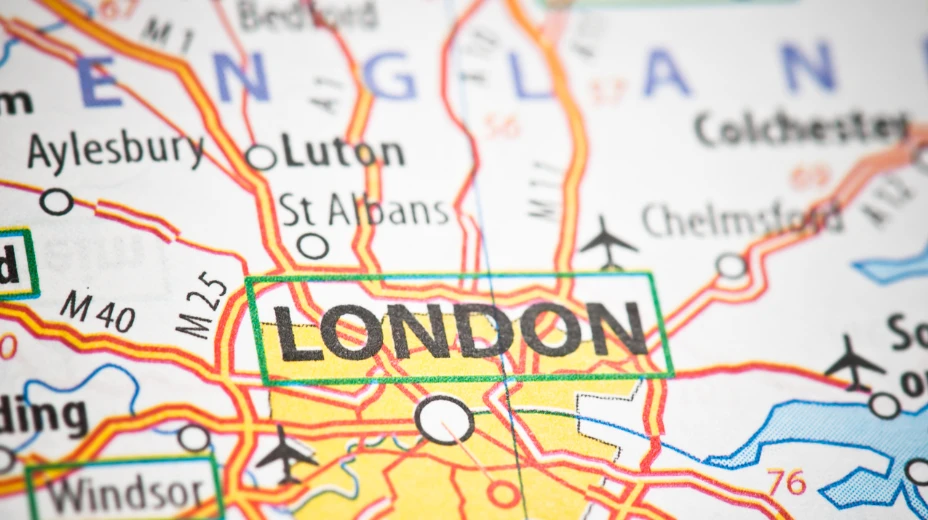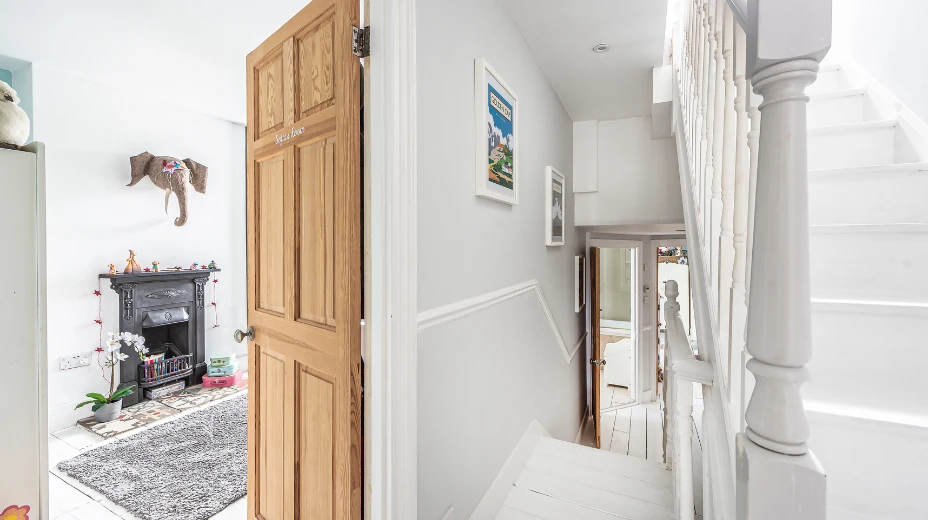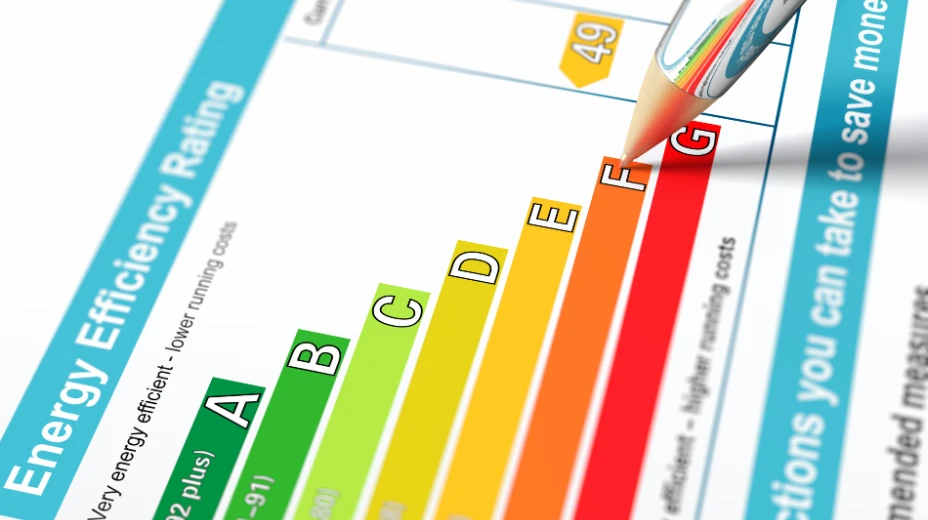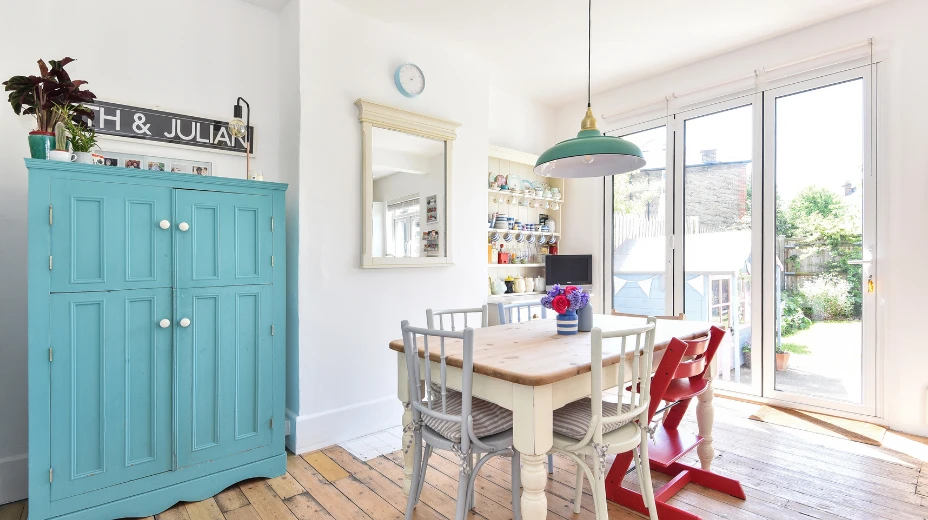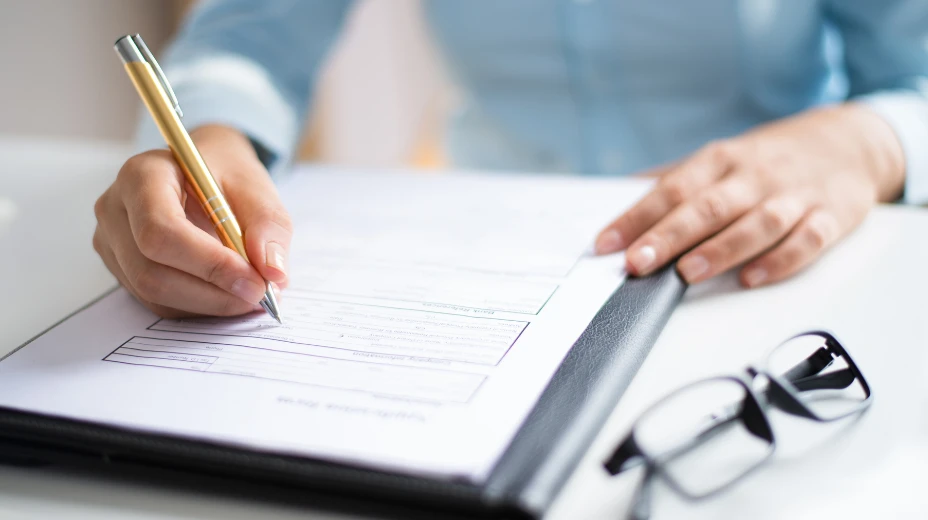Preparing to move

Moving house can be stressful but careful planning and organisation will make the process much easier. Use these checklists to stay on track and ensure moving day goes smoothly.
The first steps
The more you can prepare ahead, the easier the move will be. This checklist includes a number of tasks that can be completed long in advance of the moving date.
Planning ahead
- Write down everything that needs to be done and set deadlines.
- Sell, donate, or recycle items you don’t need. Fewer boxes mean lower costs and less hassle.
Notify relevant people
- If renting, give notice to your landlord as per your tenancy agreement.
- Book time off work - Even if moving at the weekend, extra time helps with packing and settling in.
Planning the move
Contact removal firms
- Contact removal firms and get quotes early. Check if you need a parking permit for the removal van.
- Use sturdy boxes and strong packing tape. Removal companies often supply boxes and packing services.
- Drain fuel from lawnmowers, arrange specialist help for pianos or large furniture.
Get organised
Plan logistics
- Will you need storage? Can you stagger the move over several days? Will you have early access to your new home?
- Make a checklist of relevent people you will need to contact. This list should include friends, family, utility providers, banks, schools, and employers.
Start packing
Clear the freezer
- Begin to plan meals so that you have cleared the contents of your freezer in time for the move.
Start packing
- Start to pack up non-essential items, such as books, ornaments and any clothes that are out-of-season. Do not overfill boxes with books, as they can become very heavy very quickly.
The week before the move
As your moving day draws closer and as more of your belongings are packed up or moved in to storage, you may find your general living patterns will change. During this period, there are a number of things that will need taking care of.
Final checks
- Confirm details with your removal company or van hire.
- Label boxes with contents and destination room.
- Keep only essential crockery and clothes for the week.
- Create an inventory—number boxes for easy tracking.
- Defrost the freezer.
- Do a final declutter.
Create an essentials kit
Essentials kit
- Plan your essentials kit and identify the things you are likely to need on the day and the night of the move, such as bed linen, towels and a change of clothes. Pack this up separately so you do not have to unpack everything immediately. Your essentials kit should also include your phone charger, toiletries and any medicine you may need.
Important information
- Along with your essentials kit, keep all important documents readily accessible in a safe place, and carry these with you on the day.
Children and pets
- If you have children or pets, you may find it easier if somebody is able to look after them during the move.
Storage and furniture
Storage
- If it is necessary for you to move anything into temporary storage, it may be best to do this during the week building up to the move.
Furniture
- If you have not done so already, make sure that your furniture will fit in your new home. Consider not only whether the furniture will fit into the new rooms, but also whether the new property has any stairwells or narrow doorways that may will hinder access.
New furniture
- Order any new furniture and carpets, and arrange for delivery to your new home.
Change of address
Notify service providers
- Update your address with banks, utility companies, HMRC, local council, schools, employer, insurance and pension providers, and any cleaning or gardening services.
Update documents
- Contact DVLA and UKPA to update your driving licence and passport.
Cancel subscriptions
- Stop newspaper, magazine, food box, and milk deliveries.
Change of address
- Share your new address and consider setting up a Royal Mail postal redirect.
Collecting the keys
- Arrange a time to collect the keys to your new home from the seller’s estate agent.
- Bring photo ID - keys are only released once funds are confirmed by the seller’s solicitor.
Cleaning and decorating
Cleaning
- Consider arranging for professional cleaners to clean your new home before you begin moving in.
Decorate
- If you have early access, decorate while the property is empty.
Insurance and bills
Insurance
- Ensure home and contents insurance is active from exchange
Bills
- Cancel old direct debits and settle outstanding bills.
Internet
- Arrange internet installation before moving day to avoid delays.
The day of the move: as you leave your old home
- Inspect all rooms, cupboards, and the attic.
- Keep your packed essentials bag with you.
- Take food in a cool box or dispose of it.
- Ensure the company has both addresses and your phone number.
- Switch off appliances and heating.
- Record gas, electricity, and water readings.
- Include appliance manuals, your contact number, and forwarding address.
- Lock up and leave keys as agreed.
The day of the move: as you enter your new home
- Bring photo ID for collection.
- Confirm all items are unloaded and undamaged.
- Ensure nothing is left behind.
- Test electricity, water, and heating.
- Put food in the fridge and buy basics like milk and bread.
- Start with large furniture and essentials (e.g., bed).
- Flatten boxes and stack neatly.
- Introduce yourself if possible.
- Record readings for your new home.




